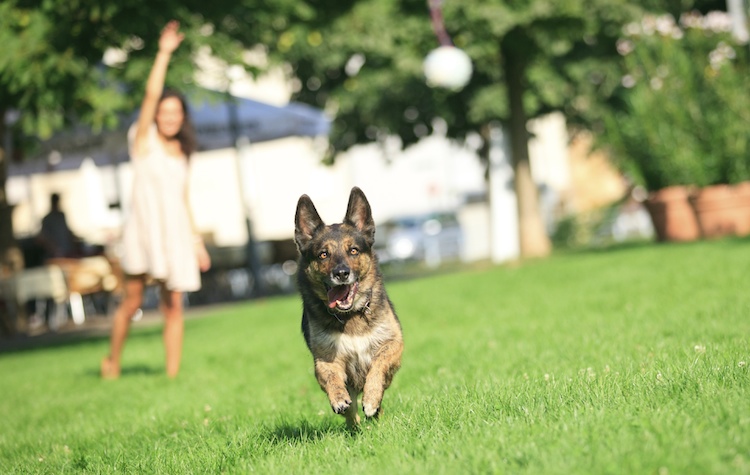The Benefits of Exercise for Your Pet’s Health
Regular exercise is one of the most important ways to keep your pet healthy and prevent serious health issues, including obesity and cancer. Maintaining an active lifestyle supports both physical and mental well-being while providing vital pet cancer support. Kali’s Wish Cancer Foundation is committed to helping pet parents understand the role of exercise in promoting long, healthy lives for their furry companions.
Why Exercise Matters
Exercise provides far more than weight control:
-
Reduces obesity, a risk factor linked to higher rates of cancer in pets
-
Maintains strong muscles, joints, heart, and lungs
-
Supports digestive health and proper oxygenation for cellular function
-
Reduces behavioral issues such as destructive chewing, hyperactivity, excessive barking, and anxiety
Ways to Keep Your Pet Active
Even with busy lifestyles, there are many ways to give your pet regular physical activity:
-
Walking or power walking at a brisk pace
-
Running or hiking in safe environments
-
Fetch, Frisbee, swimming, or off-leash play
-
Organized dog sports such as agility, flyball, or dock diving
-
Mental stimulation with food puzzle toys, hide-and-seek, obedience training, and trick training
Tailor Exercise to Your Pet’s Needs
Every dog is different, and exercise plans should reflect their breed, age, and health:
-
Large breeds & working dogs: require more intense activity
-
Senior dogs: benefit from short, frequent walks and gentle strength/flexibility exercises
-
Brachycephalic breeds (short-nosed): avoid strenuous activity in hot weather due to breathing issues
-
Young large breed puppies: avoid continuous running or jumping to prevent joint injuries
-
Deep-chested breeds: avoid exercise immediately after meals to reduce the risk of bloat
General rule: Minimum of 20 minutes of continuous exercise three times per week, with daily activity preferred.
Exercise Safety Tips
-
Ensure your dog is conditioned for longer or intense workouts
-
Avoid feeding your dog an hour before or after exercise
-
Consider the surface your dog walks on—hot asphalt, rocks, or ice can cause injuries
-
Provide water breaks frequently, especially in hot weather
-
Protect against cold-weather risks like frostbite; short-haired dogs may need a coat
How Exercise Supports Pet Cancer Support
Regular physical activity not only promotes a healthy weight but also strengthens your pet’s immune system and overall wellness, helping reduce risk factors associated with cancer. Exercise, combined with proper nutrition and routine veterinary care, is a key part of comprehensive pet cancer support.
For more tips and guidance, Kali’s Wish Cancer Foundation provides resources to help pet parents keep their pets healthy, happy, and active.
Learn more about pet cancer and the supports available. Visit our Health Hub.

